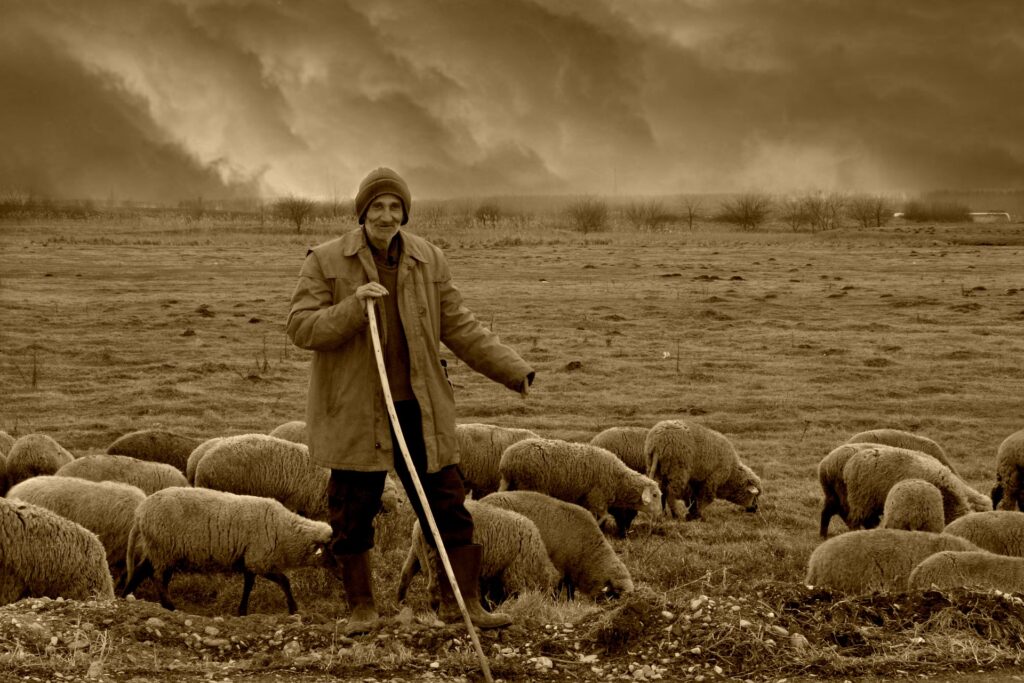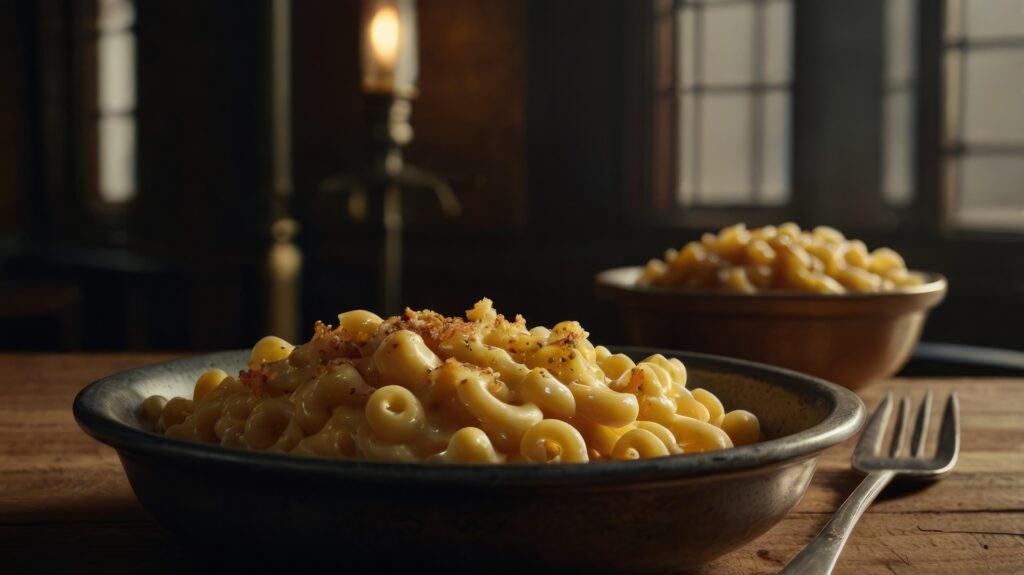Have you ever experienced something like this? “Oh no, mac and cheese again, I don’t like mac n’ cheese…” You know your child enjoyed mac n’ cheese just yesterday, but now there’s a tantrum at the dinner table.As parents, we understand that your child doesn’t want the same meal two days in a row. Yet, it’s notalways easy to handle these dinner table complaints. So, what can we do in this type of situation? This is how we handle things in our house. I picked up this approach from a book by the renownedpsychologist and child educator Dr. Kevin Leman*. First, when a child throws a tantrum, the parent orcaregiver maintains a calm and peaceful demeanor. Then, you look your child in the eye, smile, and say, “I see, you don’t like mac n’ cheese. If you don’t want to, you don’t have to eat it.” Then, you calmly pick up the plate (as your child watches with wide eyes) and dispose of its contents inthe trash bin. You might say, “Now, you can choose to sit with us and watch while the rest of the family eats, or you can go to yourroom and do something else you need to do. Just so you know, there won’t be any other meals or snacksuntil tomorrow morning.” The child walks back into his room with his shoulders slumped, surprised and sullen. Several timesthroughout the evening, he/she comes to you and complains that he/she’s hungry. Each time, you say, “I’m sorry, but you made your choice, and you’re learning to take responsibility for the consequences.I’m not going to force feed someone who complains about what’s on the table, so let’s wait until wehave breakfast tomorrow morning. Okay?” Kevin Leman calls this method ‘reality discipline’. The idea is that by letting children face reality, we cantrain them to take responsibility for their choices.After such an exhausting night, the child usually wakes up very early the next morning. If there’s stillsome leftover mac n’ cheese from last night’s family dinner, you’ve got the best training conditions. Thatmac n’ cheese is right there in front of the child. Guess what happens? Nine times out of ten, the child will start gobbling up the mac n’ cheese – literally “inhaling” the food –and they’ll learn a lesson. They’re learning the consequences of complaining at the dinner table. God has graciously granted everyone the freedom of choice, and He fully honors those choices.Consequently, each person faces the consequences of their choices. Our God also fully honors theseconsequences, honoring the reality that emerges from our choices. Whatsoever a man soweth, that shall he also reap. (Galatians 6:7b KJV) Reality training isn’t about deliberately testing our children’s limits; it’s about thoughtfully providingthem with a clear understanding of what life(reality) will entail when they eventually step into the world(adulthood). As described in the example above, when a child throws a tantrum at the dinner table, many parentsmight threaten, “If you keep complaining, I won’t give you any food!” and then proceed. If the childpersists, the parent, eager to avoid further disruption, serves different food they might like. This caninadvertently teach the child an unintended lesson: “If I keep throwing tantrums, I’ll get what I want.” It’s not merely about having or missing a meal; it’s about the real world they’ll soon enter. The reality isthat the world doesn’t simply hand over what we want just because we threw a tantrum. We often want to shield our children from the harshness of reality, which is a natural part of wanting thebest for them. However, through reality discipline, we’ve discovered a healthy way to use authority thatguides them in the right direction while still providing loving support. We have a rule in our house that children can’t get what they want by throwing tantrums. They knowthis because it’s already been explained to them on several occasions. For example, when two children are growling over a toy, each claiming it’s theirs, dad calmly picks it up,puts it away in his drawer. He explains, “I bought you this toy because I wanted you to be happy, but if it’s causing fights, that’s not what Iwanted. I will put it away for a week.” The children attempt to argue, but dad remains firm. One thing is certain: they can’t play with the toyanymore. Although they’re initially disappointed, they quickly accept the reality and play with somethingelse. They’ve learned the reality that shouting or fighting won’t get them what they want. Last Saturday, unlike weekdays, the children took advantage of the weekend to sleep in. During theweek, we usually wake them up early for breakfast, but because it was on the weekend, they slept in.When they finally woke up, still a bit groggy, they asked,“Mom, do we have anything to eat?” I chimed in cheerfully, “I’m sorry, but mommy can’t prepare breakfast now. Since it’s already past breakfast time, let’s wait fora delicious lunch at 12:30. Okay?” With no snacks until lunchtime, the kids’ appetites grew. When lunchtime arrived, they relished everybite and declared, “I am never sleeping in again.” Guess what happened the following Saturday? They surprised us by waking up early and preparing breakfast on their own! As parents, we are given the sacred authority by God to train our children in our homes. It’s easy forparents to misuse their authority, either by being authoritarian or by neglecting their children to avoidthat label. The longer it takes parents to use their authority healthily, the bigger the eruption ofsuppressed emotions will be, and when it finally erupts, it leaves a deep scar in our hearts. My wife and Ioften stumble, yet we humbly acknowledge that reality discipline is a valuable tool in our parentingjourney. Perhaps God has been using “reality discipline” to guide humanity all along. * Reference:Making Children Mind without Losing Yours, By Dr. Kevin Leman https://youtu.be/0ALbmiNZabE










